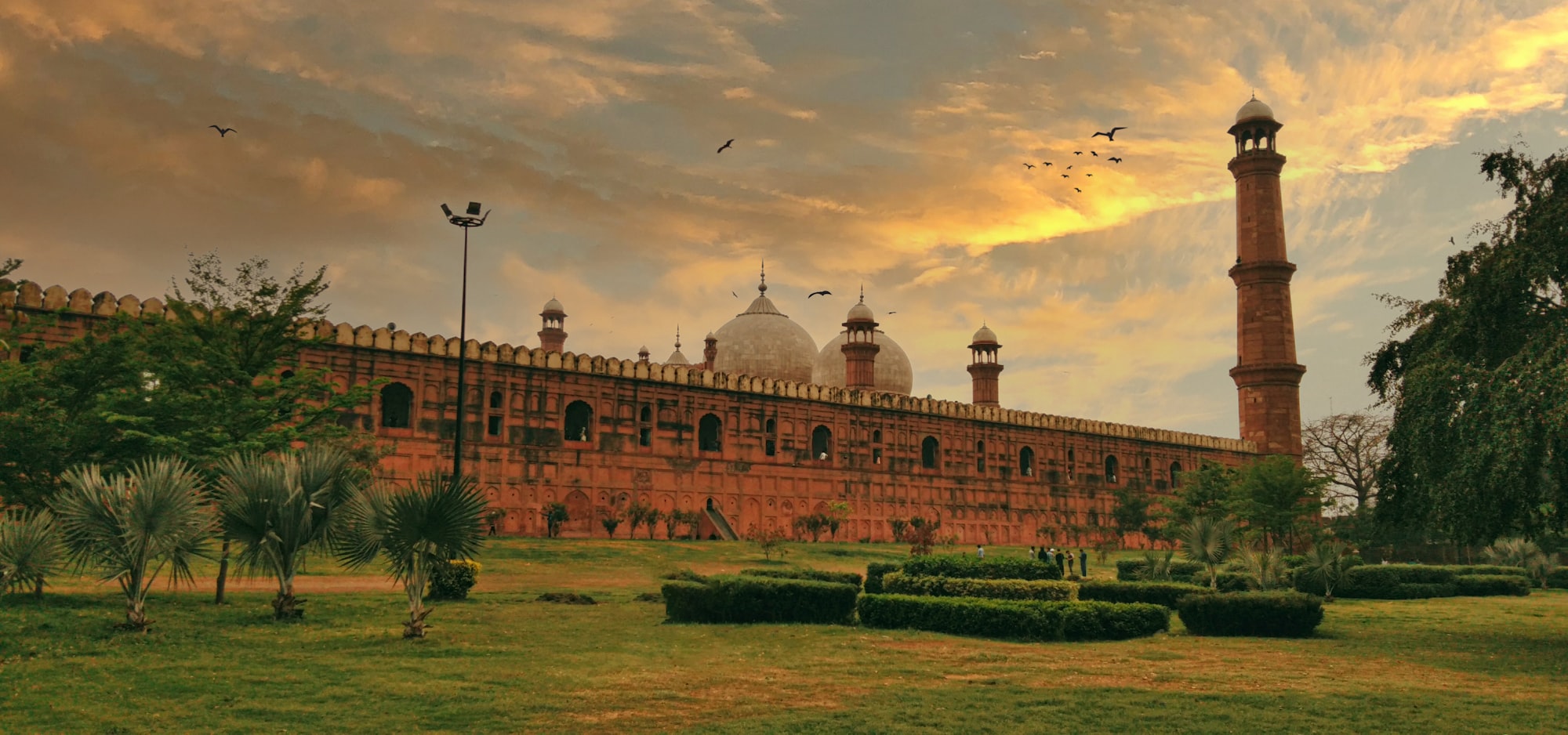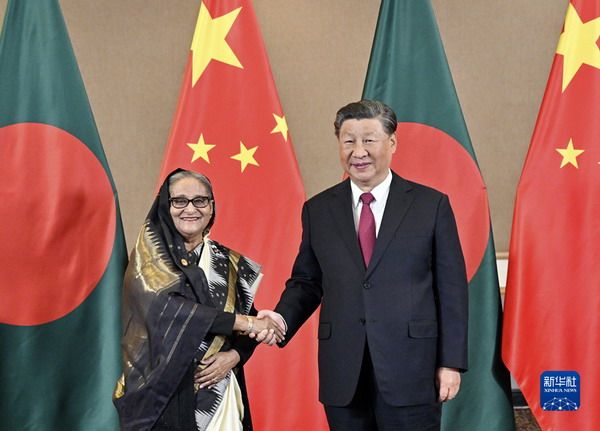
On May 9, 2023, Pakistan’s Former Prime Minister Imran Khan was arrested in a land fraud case. It sparked widespread protests by his supporters who ransacked, among other properties, military facilities, and installations including a top commander’s house, an air base, and the military’s headquarters in Rawalpindi. The incident is known in Pakistan’s Media as ‘May 9’ incident. Hundreds of protesters were arrested. The civilian government and the Army announced their decision to hold military court trials of those found guilty of damaging and attacking military installments. Imran Khan’s party Pakistan Tehreek-e-Insaaf and many civil society organizations and activists rushed to courts filing petitions challenging the legality of civilian trials under army laws.
Chief Justice of Pakistan Umar Ata Bandial with the Supreme Court of Pakistan firmly behind him declared the military trial of civilians unconstitutional. In June Attorney General of Pakistan (AGP) Mansoor Usman Awan informed a Supreme Court bench comprising Chief Justice of Pakistan (CJP) Umar Ata Bandial, Justice Ijazul Ahsan, Justice Muneeb Akhtar, Justice Yahya Afridi, Justice Sayyed Mazahar Ali Akbar Naqvi and Justice Ayesha Malik that civilian’s trials in military courts had not yet started after Director General of Inter-Services Public Relations Maj Gen Ahmed Sharif Chaudhry said in a press conference that military courts were indispensable to hold perpetrators and facilitators of the May 9 violence accountable, adding that 102 individuals were facing trials in these courts.
Then in July CJP Umar Ata Bandial again observed that civilians should not be put through the rigors and harshness of military courts emphasizing constitutional protections and remarking that military trials of civilians are not according to the Pakistan’s Constitution.
In the next hearing on civilian trials in military courts on August 3rd the six-member bench of Supreme Court Judges declared that the Supreme Court would stop the country’s army from resorting to any unconstitutional moves as they heard pleas challenging the trial of civilians in military courts. CJP sought assurance from Attorney General for Pakistan that the military trials would not proceed. Attorney General for Pakistan responded that the military’s top leadership had assured that it would not.
The Newspaper Dawn reported him saying “You can’t compare the present era with the era of Zia-ul-Haq. This is not Zia-ul-Haq’s era nor is martial law imposed in the country. Even if a martial law-like situation arises, we will intervene.”
This show of strength and integrity by the courts is not a recent development. Since the 2000s Judiciary in Pakistan has been challenging state power and moving beyond just arbitrating political disputes to playing a tutelary role of its own within the political system by constraining state authority and vetoing the policies and actions of both elected and non-elected institutions. In 2007 in Pakistan, the then military ruler, Gen. Pervez Musharraf, suspended the Chief Justice of Pakistan Iftikhar Muhammad Chaudhary. The move caused uproar across the country and sparked a nationwide movement in support of the justice, who was eventually reinstated.
The Supreme Court of Pakistan decided to protect the fundamental rights of people of Pakistan, as it sees its duty to do so. In 2017, Supreme Court of Pakistan disqualified Prime Minister Nawaz Sharif. It resulted from investigation of the Panama Papers, which exposed holders of offshore bank accounts. By doing this the courts also helped pave the way for Imran Khan to gain power. Many in the judiciary view him as a partner in their anti-corruption purge of Pakistan’s politics.
According to analysts, as the judiciary is openly contradicting the military, it has emerged as a political force in its own right. It has even defied recent attempts by PML (N), PPP led coalition government’s attempts to curb its power, who accused the courts of ‘judicial activism’ and unnecessary intrusion in political matters. In March 2023, Pakistan’s parliament passed a new law to curtail the powers of the chief justice, reassigning his unique powers — including the ability to convene a small panel of specific judges to hear cases — to a committee of three justices. But later that day, the Supreme Court issued an injunction, preventing the law from taking effect.
Seeing an important ally in the Judiciary, former Prime Minister Imran Khan has been repeatedly expressing his trust in the Constitution and Supreme Court of Pakistan. In April he made a public statement asking his party to support the Supreme Court, claiming that “democracy in Pakistan is now hanging by a thread called Supreme Court. All those, who want democracy in the country, should stand with the Supreme Court and the Constitution of Pakistan,”.
Pakistan’s Judiciary is performing its duty of protecting constitutional integrity in their country more successfully than the legislature and more diligently than the civil society. In doing so, the court showed that it is still a force to be reckoned with as the country barrels toward general elections soon.
References
https://www.nytimes.com/2023/05/31/world/asia/pakistan-courts-challenge-military.html
https://www.dawn.com/news/1765958
https://www.dawn.com/news/1747732
https://www.dawn.com/news/1762002
Haqqani, H. (2018). Reimagining Pakistan: Transforming a Dysfunctional Nuclear State. India: HarperCollins India.








